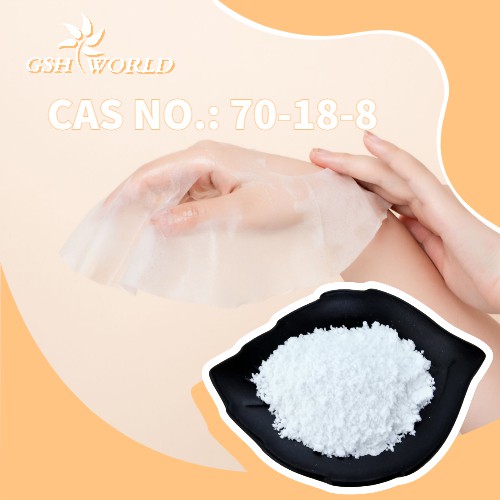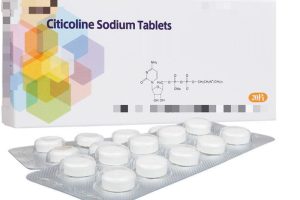Glutathione is a tripeptide made up of the amino acids cysteine, glycine, and glutamic acid. It is one of the most important antioxidants in the body, and it plays a role in a wide variety of functions, including: glutathione benefits
- Antioxidant protection: Glutathione helps to protect cells from damage caused by free radicals. Free radicals are unstable molecules that can damage cells and DNA, leading to a variety of health problems, including cancer, heart disease, and neurodegenerative diseases.
- Detoxification: Glutathione helps to detoxify the body by removing harmful substances, such as heavy metals, alcohol, and drugs. It also helps to break down toxins that are produced by the body’s own metabolism.
- Immune function: Glutathione is essential for a healthy immune system. It helps to protect the body from infection by fighting off bacteria, viruses, and other pathogens.
- Cell repair: Glutathione helps to repair damaged cells and tissues. It is particularly important for repairing cells that have been damaged by oxidative stress.
- Metabolism: Glutathione helps to regulate metabolism by converting food into energy. It also helps to break down fat and cholesterol.
- Skin health: Glutathione helps to protect the skin from damage caused by the sun and pollution. It also helps to reduce wrinkles and age spots.
Glutathione levels decline with age, which is why it is often referred to as an “anti-aging” molecule. Low levels of glutathione have been linked to a variety of health problems, including: glutathione benefits

- Cancer: Glutathione helps to protect cells from DNA damage, which can lead to cancer. Low levels of glutathione have been linked to an increased risk of cancer, particularly liver cancer, stomach cancer, and colon cancer.
- Heart disease: Glutathione helps to protect the heart from damage caused by free radicals. Low levels of glutathione have been linked to an increased risk of heart disease, heart attack, and stroke.
- Neurodegenerative diseases: Glutathione helps to protect the brain from damage caused by free radicals. Low levels of glutathione have been linked to an increased risk of Alzheimer’s disease, Parkinson’s disease, and other neurodegenerative diseases.
- Autoimmune diseases: Glutathione helps to regulate the immune system. Low levels of glutathione have been linked to an increased risk of autoimmune diseases, such as rheumatoid arthritis, lupus, and multiple sclerosis.
There are a number of ways to boost glutathione levels, including: glutathione benefits
- Eating a diet rich in glutathione-boosting foods, such as fruits, vegetables, and whole grains.
- Taking a glutathione supplement.
- Reducing exposure to toxins, such as cigarette smoke, pollution, and heavy metals.
- Getting enough sleep.
- Exercising regularly.
- Managing stress.
Glutathione is a powerful antioxidant that plays a vital role in many important bodily functions. By boosting glutathione levels, you can improve your overall health and well-being and reduce your risk of developing chronic diseases.
Here are some additional research-backed benefits of glutathione: glutathione benefits
- Improved liver health: Glutathione is essential for the detoxification of the liver. It helps to remove harmful substances, such as alcohol, drugs, and toxins, from the liver. This can help to protect the liver from damage and improve liver function.
- Reduced inflammation: Glutathione is an anti-inflammatory compound. It can help to reduce inflammation in the body, which can improve symptoms of conditions such as arthritis, asthma, and allergies.
- Better sleep: Glutathione helps to regulate the sleep-wake cycle. It can help to improve sleep quality and reduce the risk of sleep disorders.
- Increased athletic performance: Glutathione helps to improve athletic performance by increasing energy production and reducing fatigue. It can also help to protect the body from muscle damage during exercise.
- Improved cognitive function: Glutathione is essential for brain health. It helps to protect the brain from damage caused by free radicals and toxins. It can also help to improve cognitive function, such as memory and learning.
If you are looking for ways to improve your health and well-being, boosting glutathione levels may be a good place to start. There are a number of ways to do this, including eating a healthy diet, taking a glutathione supplement, and reducing exposure to toxins. With a little effort, you can increase your levels of this important antioxidant and reap the many benefits it has to offer.












